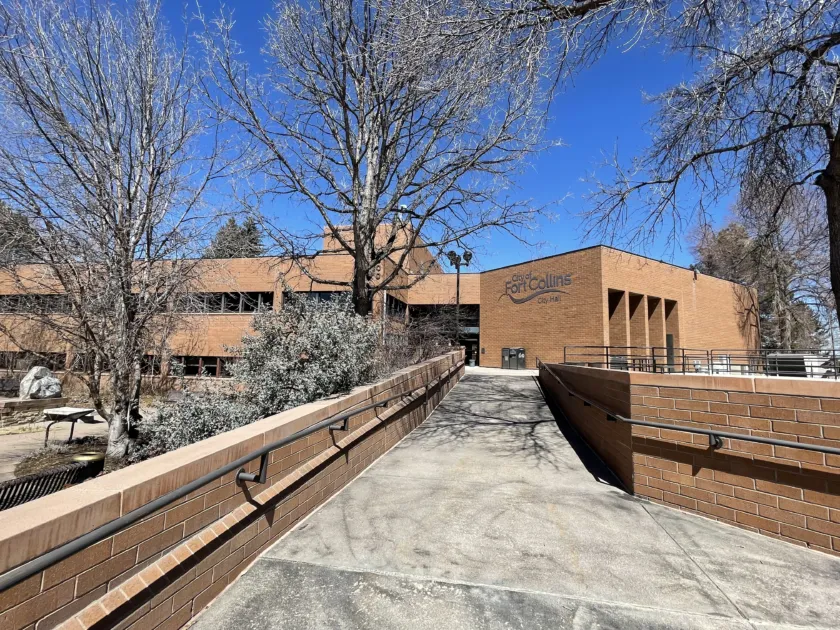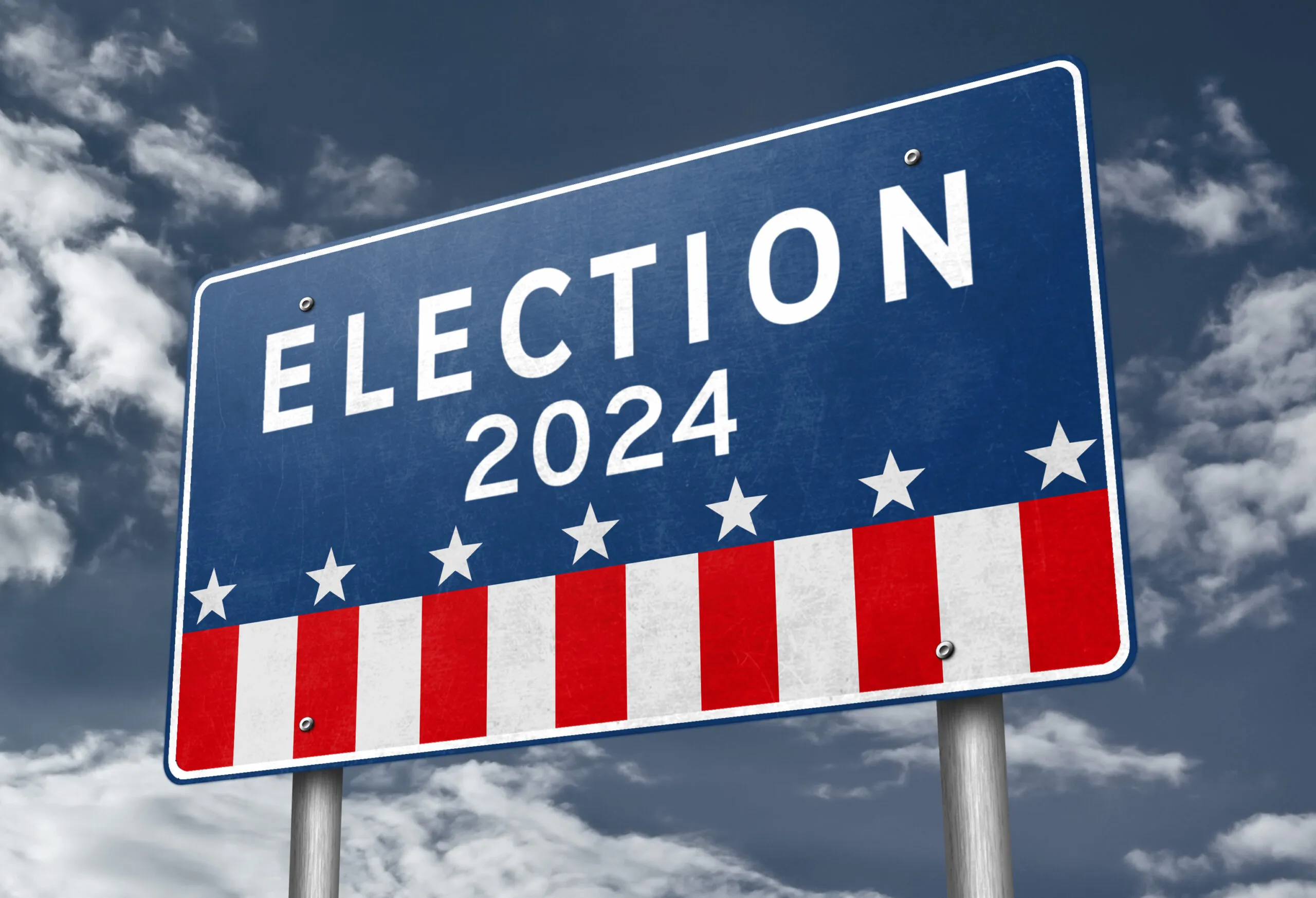New petition forces Fort Collins council to again repeal its code changes

FORT COLLINS – For the second time in a year, a successful citizen-led petition drive has forced the Fort Collins City Council to repeal its approval of a massive rewrite of the city’s voluminous 25-year-old land-use code and go back to the drawing board.
Tuesday night’s 3-2 vote followed more than an hour and 20 minutes of comments from city residents, many of whom urged the council to instead choose the other option available to it under the city charter: submitting the revised code to a citywide vote sometime in 2024.
The council had faced the same charter-dictated choice in January when…
THIS ARTICLE IS FOR SUBSCRIBERS ONLY
Continue reading for less than $3 per week!
Get a month of award-winning local business news, trends and insights
Access award-winning content today!




